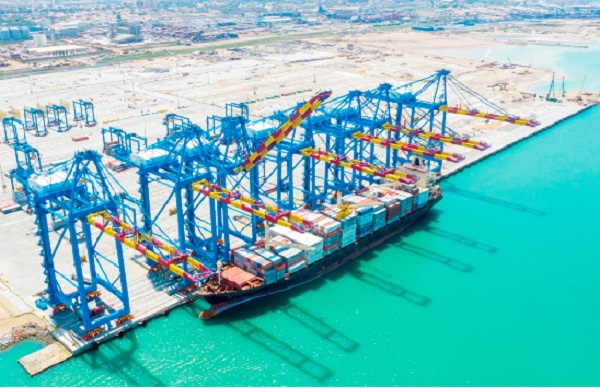A coalition of civil society organisations (CSOs) along reproductive health in Ghana has called on the government to expedite action in clearing essential family planning (FP) commodities and other medical products, stuck at the Tema Port for over seven months.
The delay in clearance, caused by unpaid duties and subsequent demurrage fees, has led to critical shortages of key contraceptive supplies at the central and regional medical stores and health facilities across the country, they said.
It will also help prevent the shortage of these commodities which could significantly increase the rate of unintended pregnancies, leading to unsafe abortions and maternal mortality across the country, they said.
The FP commodities valued at $1,610,563 donated to Ghana by the West Africa Health Organization (WAHO) and United Nations Population Fund (UNFPA), among other medical products, have not been cleared from the port since February 2024, they said.
In a press release copy to the B&FT Tamale Office and signed by respective organisations said, the stockout of these essential supplies has a significant impact on national efforts to improve the health outcomes of Ghanaians, increasing the risk of unintended pregnancies and undermining efforts to improve maternal, newborn, and child health outcomes in Ghana.
According to CSOs using MSI’s impact calculator, these FP commodities, when used by women, are estimated to avert 2,514 child deaths, 255 maternal deaths, 62,728 unsafe abortions, and 199,182 unintended pregnancies and save the government of Ghana more than two hundred million Ghana cedis in direct healthcare costs.
They said, Ghana recently launched the Ghana Family Planning Costed Implementation Plan (GFPCIP) which reaffirmed the government’s commitment to ensuring that by 2030, all persons of reproductive age have equitable and timely access to quality FP information, commodities, and services in line with global FP2030 goals.
However, delays in clearing essential FP commodities, leading to stockouts, cast doubt on this pledge, the African Union Agenda 2063, and the larger Sustainable Development Goals, they said.
The government’s inconsistent management of donated supplies undermines Ghana’s commitment to these national and global goals and risks damaging its international reputation and future partnerships, they expressed worry.
To enhance quality healthcare delivery, they call on government to implement decisive, proactive measures to prevent future delays and avoid the risk of losing vital donated commodities.
They also called on regulatory bodies to conduct a thorough quality control assessment of the cleared FP supplies to guarantee their safety and integrity, ensuring they are fit for use and do not pose any risk to users’ health.
We are appealing to government to prioritize improving the health outcomes for Ghanaians, particularly in the area of reproductive health and that the CSOs are committed to working with the government and other stakeholders to ensure that the country meets its FP commitments, they said.
The CSOs are Alliance for Reproductive Health Rights (ARHR), Planned Parenthood Association of Ghana (PPAG), MSI Reproductive Choices Ghana, African Institute for Population and Development, Savana Signatures, Muslim Family Counselling, Services (MFCS) and Rights and Responsibilities Initiative (RRIG).
Others are Hope for Future Generations (HFFG), NORSAAC, DKT International, Bimobas Literacy and Farmers Cooperatives Association, Integrated Rural Development Centre, Ghana Developing Communities Association, Divine Group International, MindFreedom Ghana, Youth Harvest Foundation, Ghana, Concern Health Education, Adolescents Youth and Health International, Mental Health Hub Ghana and The Young Women’s Christian Association of Ghana (YWCA).
